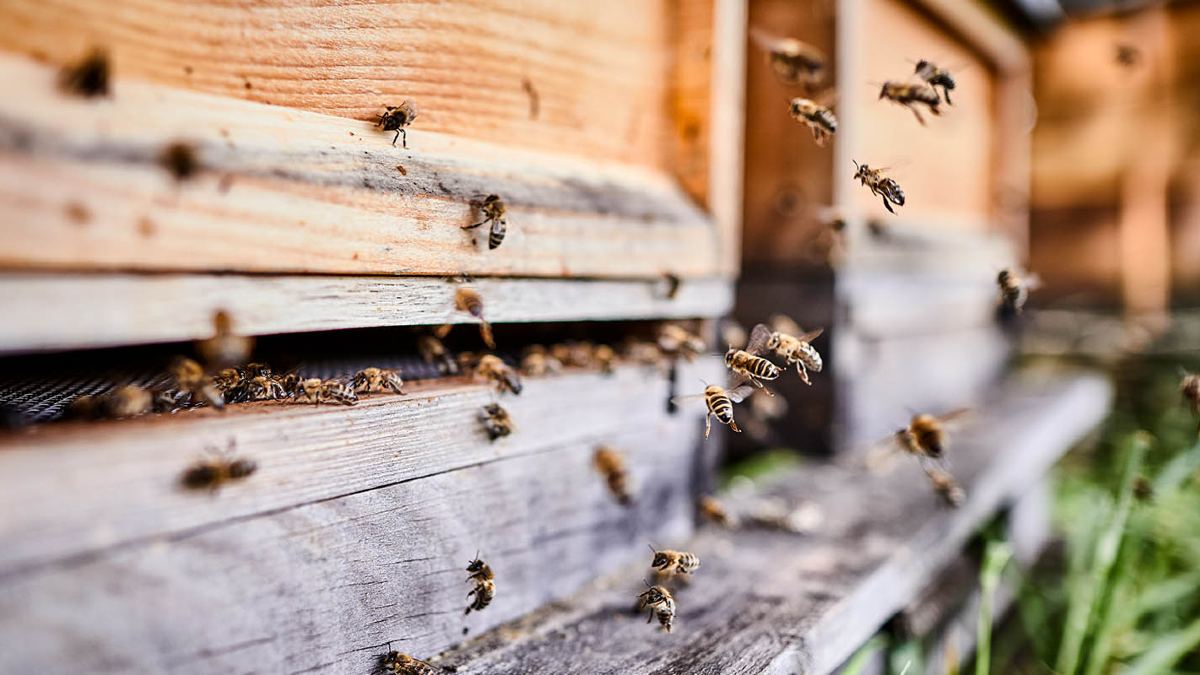Many once common single-use plastic items are now banned in Victoria. Here are sustainable, reusable alternative products to use instead.
How to become a backyard beekeeper: Seven basic rules

Turn your backyard into a hive of activity with our guide to the basics of beekeeping.
Around 2000 species of bee live in Australia but the best known is surely the honey bee. These very busy bees make 20,000 to 30,000 tonnes of honey each year and a fair amount of that honey is produced in Victoria.
There are just over 7600 beekeepers in the state – more than in any other part of the country, and according to government statistics most are hobby beekeepers.
“Only five per cent of registered beekeepers in Victoria are commercial – most are backyard beekeepers,” says Bec McBride, who comes from a beekeeping family and runs Bec’s BeeHive.
“When I started running workshops for beekeepers, they were mostly retired people tinkering in the shed, but now I teach men and women of all ages from rural areas, the inner city and suburbs. Most are interested in sustainable living – they might have had backyard chooks and now they’re interested in bees.”




